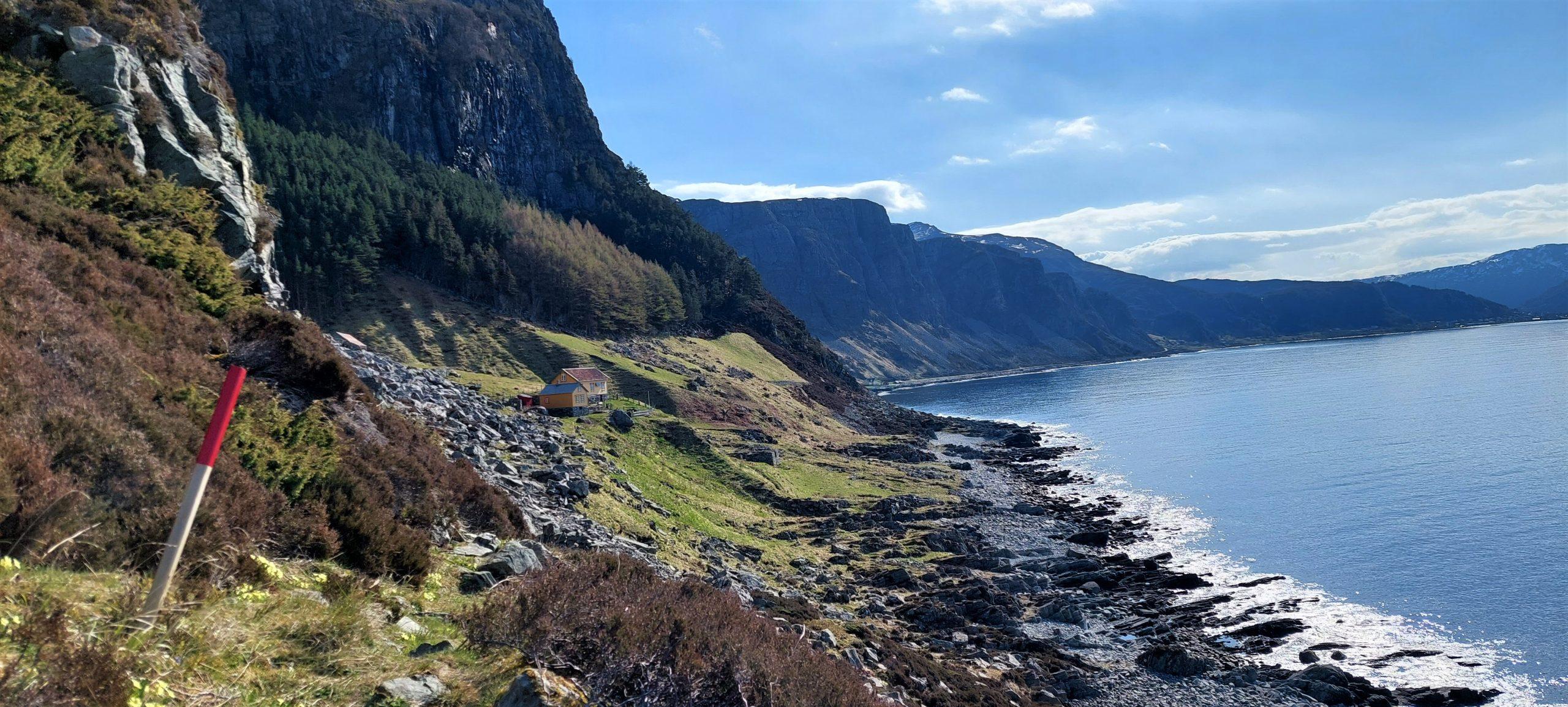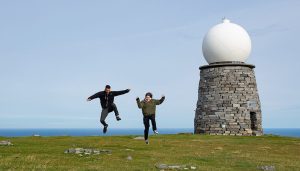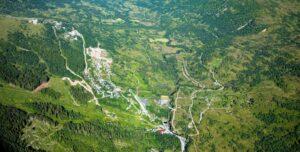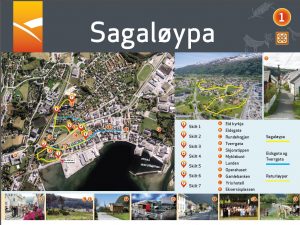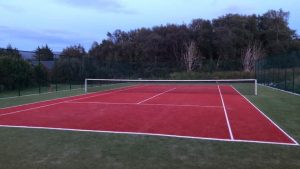The farm was abandoned as recently as 1957. Since then, the buildings have been sparsely maintained, and the farm buildings no longer remain.
Garden Aardal is a typical western Norwegian cluster farm, with a history stretching far back in time. The soil was very poor and harvesting between the rocks was hard work, but the good fishing grounds just off the coast provided an important source of food. The farm also had a homestead – Rydjajorda. What makes the duster farm special today is that it has never been touched by machinery and the buildings and cultural landscape are therefore very authentic.
The two farmhouses in the duster stand on high stane walls with cellar rooms underneath. Both were probably built after 1850, but their timber core may have been reused from buildings that stood there before.
Geitafjøsen is a single-story barn built of stane and is particularly interesting because its inventory is authentic and remains intact.
Large parts of Bøane in Aardalen valley remain a nice natural meadow, thanks to grazing. Spring is particularly pleasant, with hundreds of primrose clusters on the slope. A lovely larch and pine forest stands below the mountain. A river runs through the middle of the farm.
Aardal is a short walk through easy terrain from Skårbø, about 5 km from Selje town centre. The walk is an experience in itself. The beach beyond has a sheltered south-facing location, which also characterises the vegetation. The coast is lined with stane slabs, big smooth rock formations, hills, and pebbles.
Website: leksikon.fylkesarkivet.no

